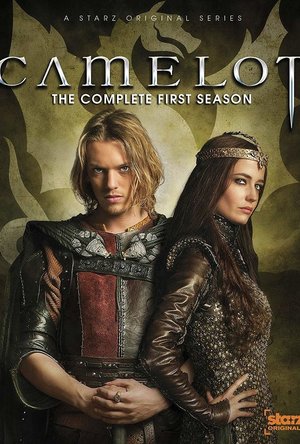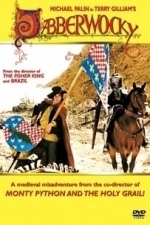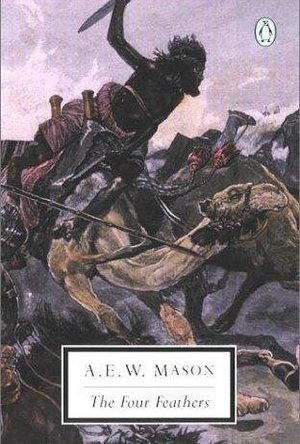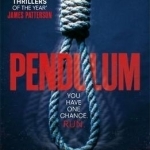
Pendulum
Book
James Patterson has hailed Adam Hamdy's PENDULUM as 'one of the best thrillers of the year' saying...
Awix (3310 KP) rated Jabberwocky (1977) in Movies
Feb 10, 2018 (Updated Feb 10, 2018)
The thing is that this isn't actually very funny - there are the seeds of some good jokes here, but the fact the movie has been filmed and edited in the style of an art-house historical drama kills most of them dead. Still, the medieval period has seldom been brought to the screen with such an authentic sense of filth, squalour, and misery, and the monster suit is pretty good. That said, if you're not into absurd comedy, Dragonslayer (1981) tells a very similar story in a more accessible style.
(And I have to say I'm astounded a film so focused on gore and bodily functions has only got a PG certificate. Caveat emptor.)
Bactracking: for Speedway Fans of the 70s, 80s and 90s: Volume 2
Book
BACTRACKING: For Speedway fans of the 70s, 80s and 90s: Volume 2 SECOND in our new book series...

Great Shakespeare Actors: Burbage to Branagh
Book
Great Shakespeare Actors offers a series of essays on great Shakespeare actors from his time to...
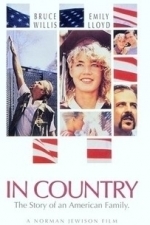
In Country (1989)
Movie Watch
Directed by Academy Award-winner Norman Jewison (Moonstruck, Agnes of God), this is the portrait of...

eGuide to Birds of East Africa
Reference and Book
App
**Now a universal app - designed for iPad and iPhone/iPod Touch** The eGuide to Birds of East...
David McK (3207 KP) rated The Four Feathers in Books
Jan 28, 2019
Turns out I was wrong on both counts - the actual quote is 'For all men would be cowards if they durst', and was actually written by John Wilmot, the Earl of Rochester in his poem "A Satyr against Reason and Mankind" roughly 2 centuries before the publication of this novel.
It's also a line that Mason, ad the others of his generation, would have had absolutely no understanding of and would (probably) have been vehemently against, as depicted in the events of this story.
This story starts on the eve of his regiment sailing off to fight in Sudan, when Harry Feversham resigns his commission, having just gotten engaged to his fiancee. When his 'friends' find out they send him three white feathers - the symbols of cowardice - which he receives in the company of that fiancee, who adds a fourth.
In a bid to retain his honour - valued above all else by the Colonial British of the time - Harry hatches a plan to go under-cover to Sudan, looking for opportunities to prove his bravery to those friends and (finally) his fiancee so they will take their feather back.
(Personally, I don't know why he didn't just do the same as Nobby Nobs in [a:Terry Pratchett|1654|Terry Pratchett|https://d.gr-assets.com/authors/1235562205p2/1654.jpg]'s [b:Jingo|47990|Jingo (Discworld, #21)|Terry Pratchett|https://d.gr-assets.com/books/1327921813s/47990.jpg|1128623], and save said feathers for a mattress ... )
The result is very much a book of its time, very much a 'boys-own' story of Harry and his daring escapades in the Sudan. It's also very much so a novel that needs read with that in mind: to modern minds, the entire premise might seem a little rickety (would someone really go to those extremes just to 'prove' their bravery?), but such was the mores of the day.
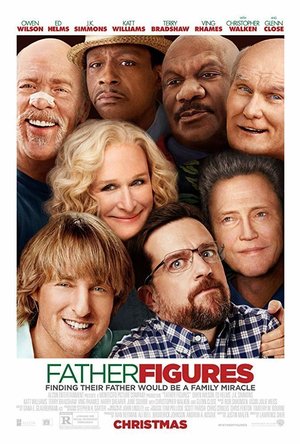
Father Figures (2018)
Movie Watch
Owen Wilson (“The Grand Budapest Hotel,” “Zoolander 2”) and Ed Helms (“The Hangover”...
comedy
